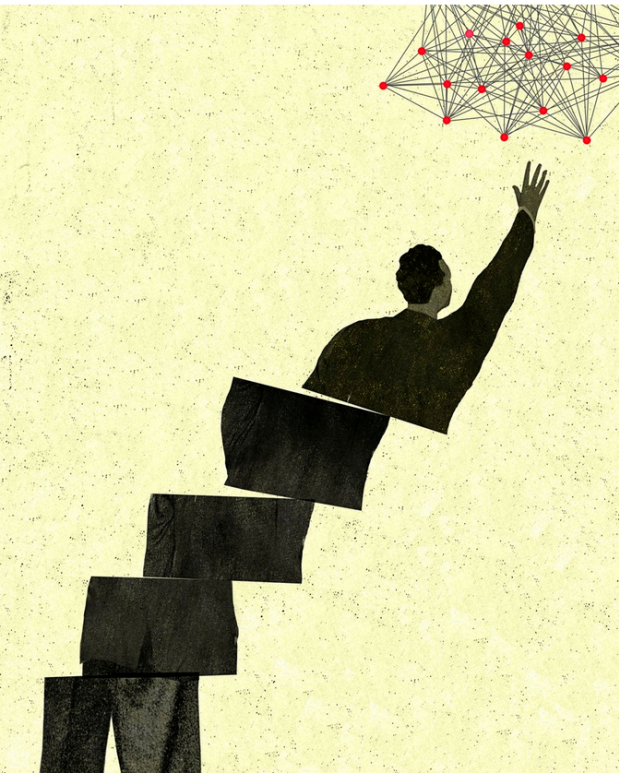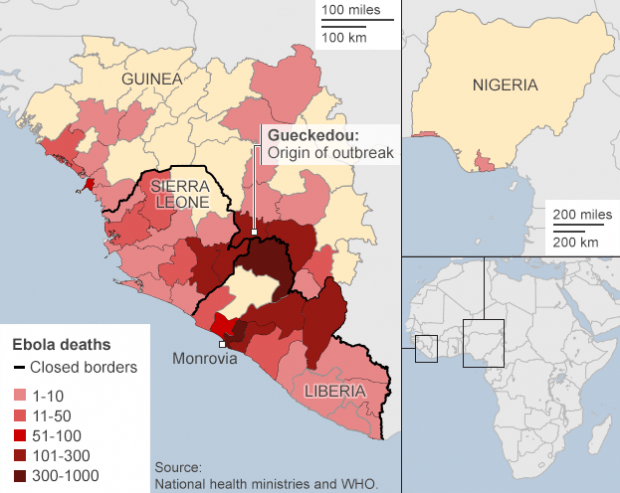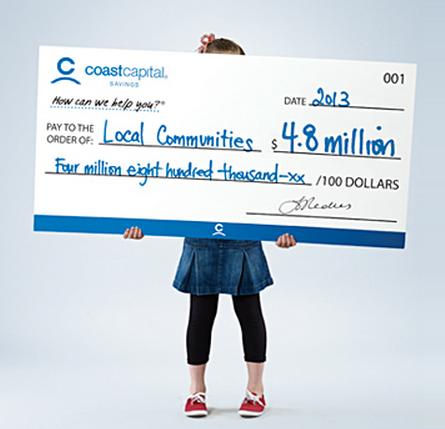Define Profit. Try oxford or Investopedia it all sounds the same: Making money. Money is how the world works, its simple as that.
I think that is a very limited view of the truth. Per se, it is not untrue that money is an important aspect in the functionality of the global community. But this is not the whole truth. The world functions the way it does based on a complicated web of causes and consequences. Sometimes the outcomes of events can be hard to measure. As with a social enterprise, the benefits of this business attitude are difficult to quantify.
Does it have to be complicated? With programs like the arc initiative simply spreading knowledge about business has received instantaneous responses. It’s something even a fully funded UN could not achieve. Just like Salem Kassahun, or Fitih Tesfaye. Here are business people reaching out to business people around the world, forming connections, creating value and success with the help of one another. It is a symbiotic relationship: mutualism. Similar to honey bees and flowers. Essential to each other.








